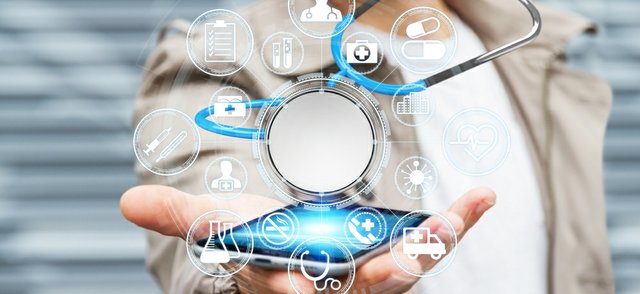A new digital platform to support remote monitoring of complex wounds has begun rolling out across Greater Manchester.
‘WoundPad’ was collaboratively designed and developed by Dr Ken Dunn, an Honorary Burns and Plastics Consultant at Manchester University NHS Foundation Trust (MFT), along with partners within The University of Manchester (UoM) and software consultancy, Medical Data Solutions and Services (MDSAS) Ltd.
The innovative digital system brings together the required components for the effective remote management of chronic wounds in a community setting, as well as facilitating self-care for people with wounds (and their carers).
WoundPad enables community teams, and patients themselves, to upload photos of their wounds to a cloud-based platform, via an app. These images, along with other clinical information inputted by community teams, is available to all those providing specialist care across the whole of Greater Manchester (GM).
It is already being piloted within three community teams in north, south and central Manchester, and was recently awarded £42,000 through Health Innovation Manchester’s Momentum Fund, which will assist its GM-wide roll-out.
In 2018, the project received funding from Innovate UK to develop WoundPad. This support enabled the team to fully develop and test the system, in close collaboration with the three pilot sites.
Dr Ken Dunn said: “The community has been searching for something like this, and I am very grateful to colleagues across Manchester Local Care Organisation, who have played a huge role in helping in testing and refining WoundPad.
“Having all the information in one place allows district teams to look at the history of a patient’s wound and enable colleagues at Manchester Centre for Plastic Surgery and Burns and in other specialist clinics, to see what care and interventions district teams have enacted.
“Crucially, this prevents patients undergoing unnecessary tests, or having to repeat their care history themselves.
“While we were developing this system prior to the onset of the COVID-19 pandemic, remote management and self-care tools such as this are more useful than ever, for example for patients or clinical colleagues who are required to shield.”







